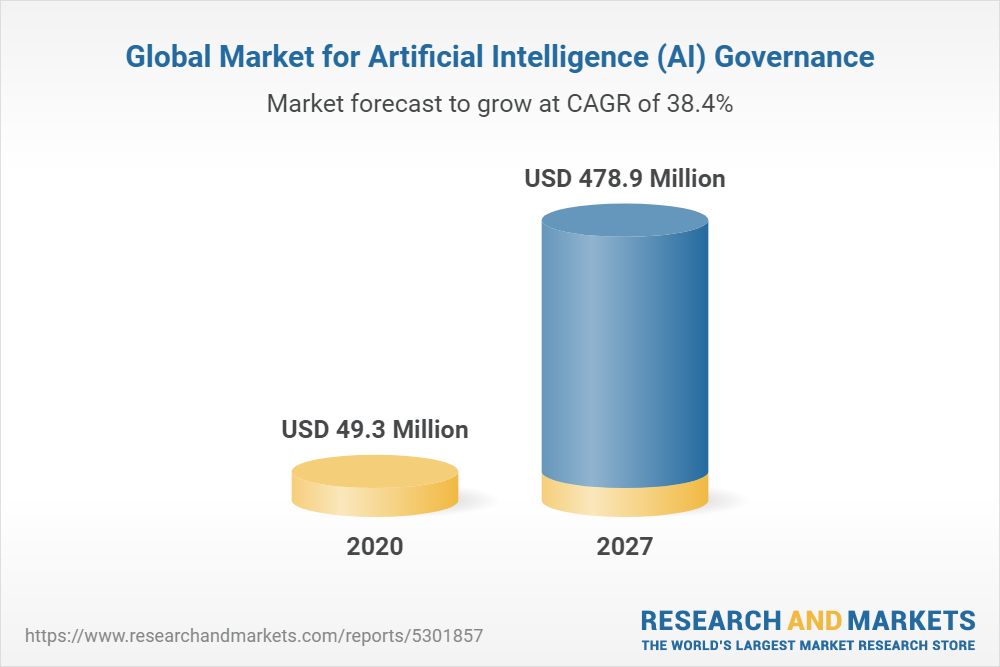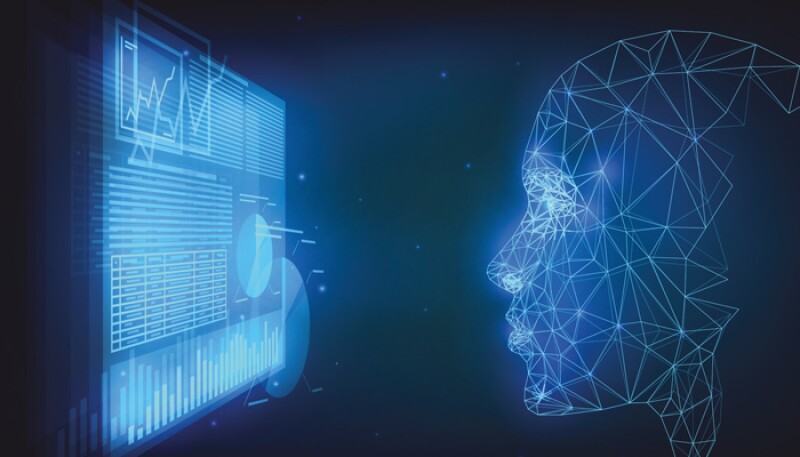
AI is everywhere. The advancement of artificial intelligence is beneficial in all areas, including marketing, machine learning, and healthcare. But what about other areas in business? Let's take an in-depth look at some of these. This is how AI is changing our business. In the next few articles, we'll take a look at some of the latest AI applications in these fields.
Machine learning
Machine learning algorithms can solve many medical issues. AI technology can imitate human brain activity to process large numbers of data with no errors. AI applications in the health care sector address the COVID-19 crisis, hotspots of mortality prediction and surveillance of individuals. AI can also be used to assist in drug discovery or repurposing. AI can also help to identify and counter fake news. AI can be used to analyze social media data, identify authoritative online sources, and look out for alarming words.

Autonomous cars
The next generation will have no driver and only passengers. But what if dust storms occur on the highway? While it is unlikely that AI could drive through soil that is muddy, polls indicate that people are open to letting the AI go wherever it wishes. But what type of cars will we be able to drive? How can we tell if we make a mistake if AI can't safely drive?
Healthcare
AI in healthcare is a way for doctors to better prescribe treatments and help users diagnose faster. Buoy Health, an AI chatbot powered by AI, has helped patients with symptoms like a headache or cold. It generates a personalized health care plan based on the user's symptoms. AI-assisted medical services allow patients to maintain control over their own healthcare. AI-assisted medical care can remove bottlenecks from the healthcare system.
Marketing
AI encompasses a broad range of software programs, services, research, and other technologies. AI in marketing aims to improve relevance by optimizing customer service interactions and target media. Smart Insights lists 15 important marketing applications of AI. Predictive lead scoring, for example, allows Amazon to recommend products based on customer past purchases. This increases conversions and customer satisfaction. AI can be used to track attribution and increase ROI for companies.
Science
AI has helped accelerate discoveries in many fields and is currently being used to create new medical treatments. Department of Energy National Laboratories have led efforts to develop AI for science. AI has helped improve medical diagnostics and decision-making by automating routine tasks. AI is improving bio-engineering designs. AI is being used in clinical trials to match patients with cancer patients. It will be easier for scientists to discover new phenomena as it becomes more accessible.

Aerospace
The use of AI in the aerospace industry has numerous benefits for companies. Artificial intelligence allows companies to optimize aircraft maintenance. 3D printing allows manufacturers to make lightweight parts and reduce their fuel consumption with the aid of AI. AI-based models are also able to help cut fuel consumption during the climb phase. This can help reduce fuel costs while also making air traffic cleaner.
FAQ
What can you do with AI?
AI has two main uses:
* Prediction – AI systems can make predictions about future events. A self-driving vehicle can, for example, use AI to spot traffic lights and then stop at them.
* Decision making – AI systems can make decisions on our behalf. So, for example, your phone can identify faces and suggest friends calls.
How does AI function?
To understand how AI works, you need to know some basic computing principles.
Computers store data in memory. Computers work with code programs to process the information. The code tells a computer what to do next.
An algorithm is a sequence of instructions that instructs the computer to do a particular task. These algorithms are usually written as code.
An algorithm can be considered a recipe. A recipe could contain ingredients and steps. Each step might be an instruction. For example, one instruction might say "add water to the pot" while another says "heat the pot until boiling."
What is the newest AI invention?
Deep Learning is the latest AI invention. Deep learning is an artificial intelligence technique that uses neural networks (a type of machine learning) to perform tasks such as image recognition, speech recognition, language translation, and natural language processing. It was invented by Google in 2012.
Google was the latest to use deep learning to create a computer program that can write its own codes. This was achieved using "Google Brain," a neural network that was trained from a large amount of data gleaned from YouTube videos.
This allowed the system to learn how to write programs for itself.
IBM announced in 2015 that they had developed a computer program capable creating music. Neural networks are also used in music creation. These networks are also known as NN-FM (neural networks to music).
Who is leading today's AI market
Artificial Intelligence (AI), a subfield of computer science, focuses on the creation of intelligent machines that can perform tasks normally required by human intelligence. This includes speech recognition, translation, visual perceptual perception, reasoning, planning and learning.
There are many types of artificial intelligence technologies available today, including machine learning and neural networks, expert system, evolutionary computing and genetic algorithms, as well as rule-based systems and case-based reasoning. Knowledge representation and ontology engineering are also included.
There has been much debate over whether AI can understand human thoughts. However, recent advancements in deep learning have made it possible to create programs that can perform specific tasks very well.
Google's DeepMind unit has become one of the most important developers of AI software. Demis Hashibis, the former head at University College London's neuroscience department, established it in 2010. DeepMind developed AlphaGo in 2014 to allow professional players to play Go.
What industries use AI the most?
The automotive sector is among the first to adopt AI. BMW AG uses AI, Ford Motor Company uses AI, and General Motors employs AI to power its autonomous car fleet.
Other AI industries include banking and insurance, healthcare, retail, telecommunications and transportation, as well as utilities.
Statistics
- The company's AI team trained an image recognition model to 85 percent accuracy using billions of public Instagram photos tagged with hashtags. (builtin.com)
- While all of it is still what seems like a far way off, the future of this technology presents a Catch-22, able to solve the world's problems and likely to power all the A.I. systems on earth, but also incredibly dangerous in the wrong hands. (forbes.com)
- Additionally, keeping in mind the current crisis, the AI is designed in a manner where it reduces the carbon footprint by 20-40%. (analyticsinsight.net)
- In the first half of 2017, the company discovered and banned 300,000 terrorist-linked accounts, 95 percent of which were found by non-human, artificially intelligent machines. (builtin.com)
- By using BrainBox AI, commercial buildings can reduce total energy costs by 25% and improves occupant comfort by 60%. (analyticsinsight.net)
External Links
How To
How do I start using AI?
A way to make artificial intelligence work is to create an algorithm that learns through its mistakes. The algorithm can then be improved upon by applying this learning.
To illustrate, the system could suggest words to complete sentences when you send a message. It would use past messages to recommend similar phrases so you can choose.
The system would need to be trained first to ensure it understands what you mean when it asks you to write.
To answer your questions, you can even create a chatbot. So, for example, you might want to know "What time is my flight?" The bot will respond, "The next one departs at 8 AM."
Take a look at this guide to learn how to start machine learning.